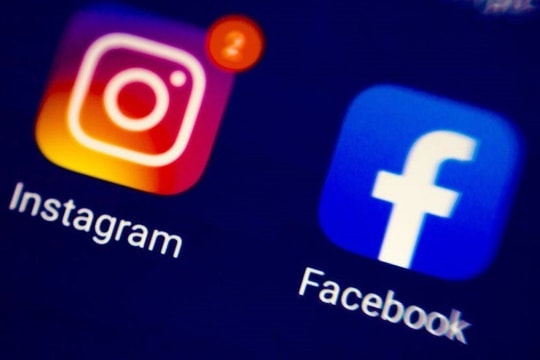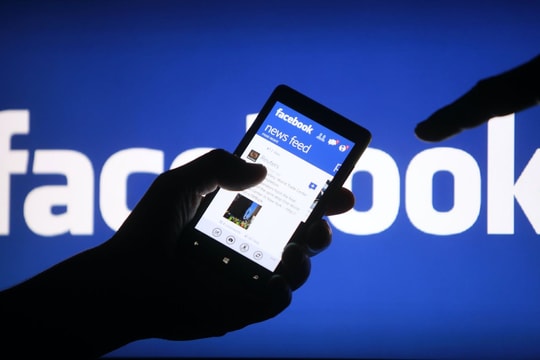Meta faces US state lawsuits over teen social media addiction
A federal judge in California ruled on October 15 that Facebook's parent company, Meta, must face lawsuits from US states alleging the company caused mental health problems in minors.
Oakland federal judge Yvonne Gonzalez Rogers rejected Meta's request to dismiss claims brought by states in two separate lawsuits filed last year, one involving more than 30 states including California and New York and the other brought by Florida.
Judge Rogers delivered a fairly balanced ruling in the states’ lawsuit against Meta, agreeing that Section 230 of the Communications Decency Act, a key legal shield that protects online platforms from liability for user-generated content, provided some protection for Meta.

However, Judge Rogers also found that the states had presented sufficient evidence to suggest that Meta may have made misleading statements about the risks to the mental health of its users, particularly adolescents. She concluded that, while Section 230 provides significant protection, it does not completely exempt Meta from liability in this case. As a result, the majority of the states’ claims will be allowed to proceed.
The judge also ruled in complete denial of attempts by tech giants Meta, TikTok (owned by ByteDance), YouTube (owned by Alphabet) and Snapchat to dismiss the personal injury lawsuits filed by individual plaintiffs. The decision marks a significant turning point, indicating that these companies will face the allegations head-on and will not be able to avoid liability.
The ruling also opens the door for the states and other plaintiffs to continue their investigations, gather more evidence, and initiate further proceedings. The court's decision is not the end of the story, but rather a new chapter where the parties involved will face more complex legal arguments.
Regarding this matter, California Attorney General Rob Bonta said in a statement: "Meta needs to be held accountable for the very real harm they have caused to children in California and across the country."
In a joint statement, lawyers representing the injured plaintiffs hailed the ruling as “a milestone in the fight to protect the rights of young people.” The lawyers said the ruling sent a strong message to tech companies, holding them accountable for the negative impacts their platforms have on the mental health of users, especially young people.
A Meta spokesperson said the company disagrees with the ruling overall and that it has "developed many tools to support parents and teens," including a new "Teen Account" on Instagram with additional protections.
Meanwhile, a Google spokesperson called the allegations "completely untrue" and said, "providing safer, healthier experiences for young people has always been at the heart of our work."
The states are pursuing legal proceedings to hold Meta accountable for the alleged illegal business practices. Specifically, the states are asking the court to rule in their favor and to order Meta to pay an unspecified amount of damages to make up for the harm caused by these wrongful acts.
Hundreds of lawsuits have been filed in court, with plaintiffs alleging that tech giants like Facebook, Instagram, and TikTok deliberately designed their algorithms to be addictive, leading to serious mental health consequences for young people, including anxiety, depression, and body image problems. In addition, the companies have been accused of failing to warn users, especially teens, about the potential risks of using their platforms.





